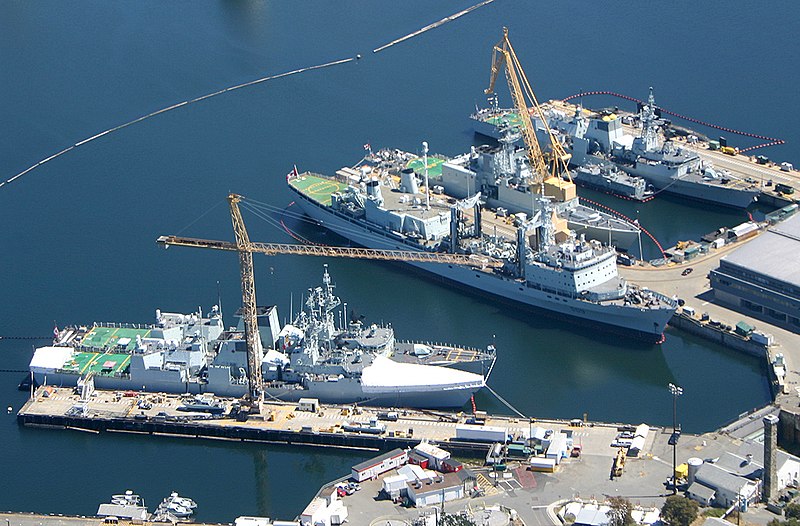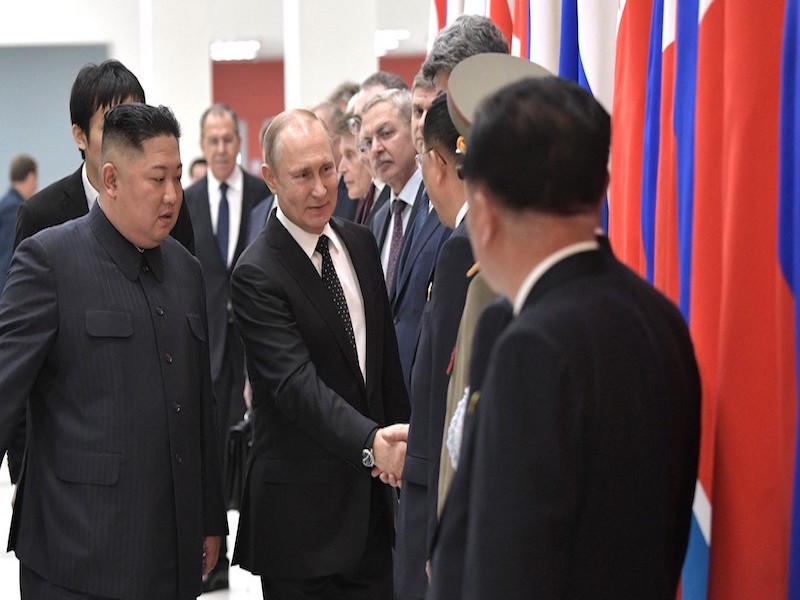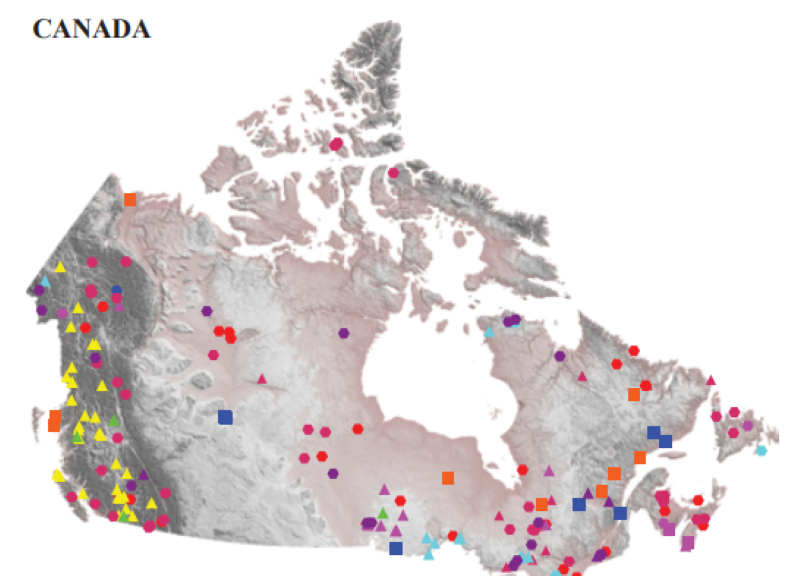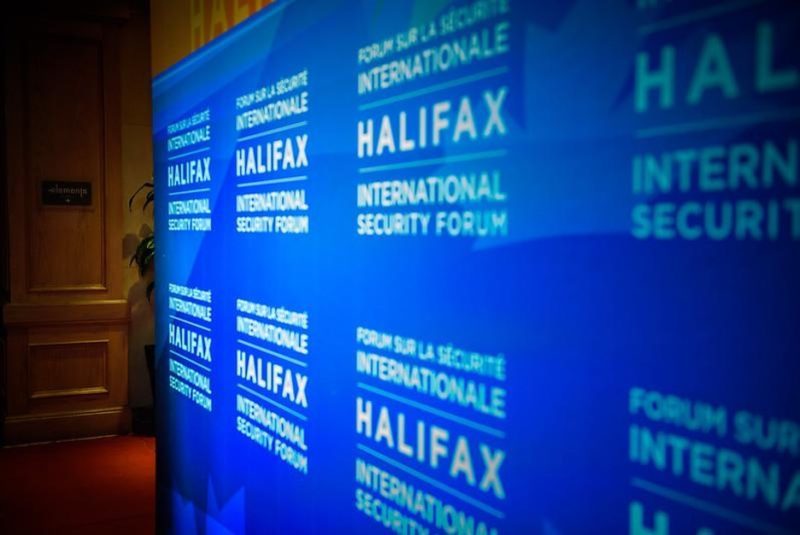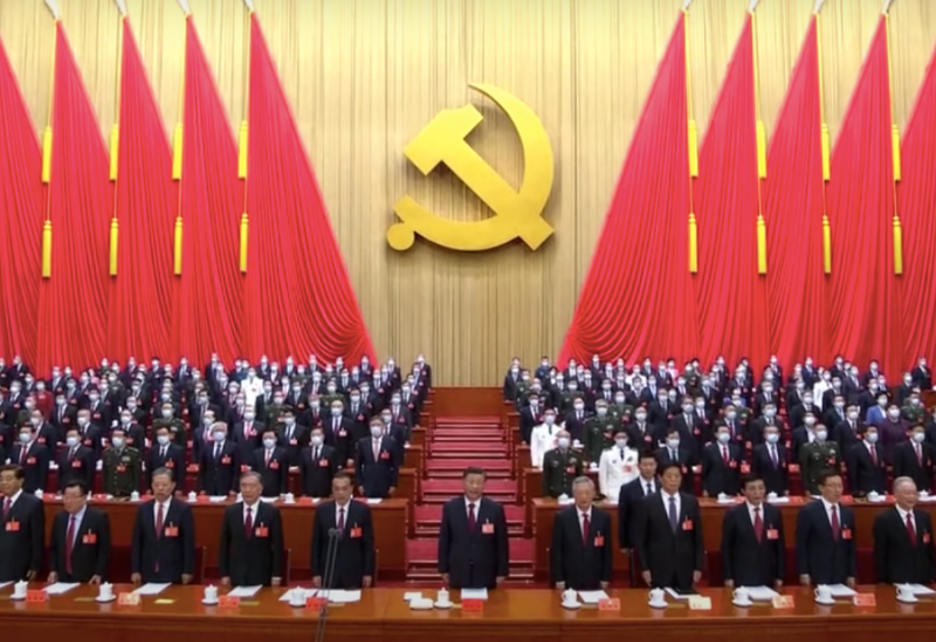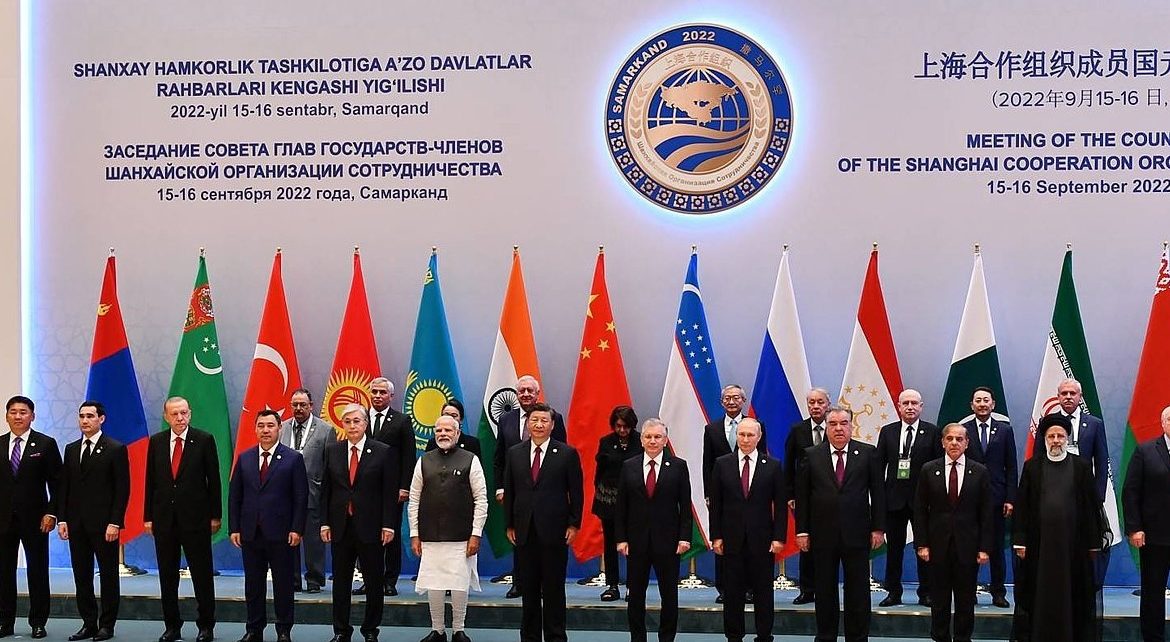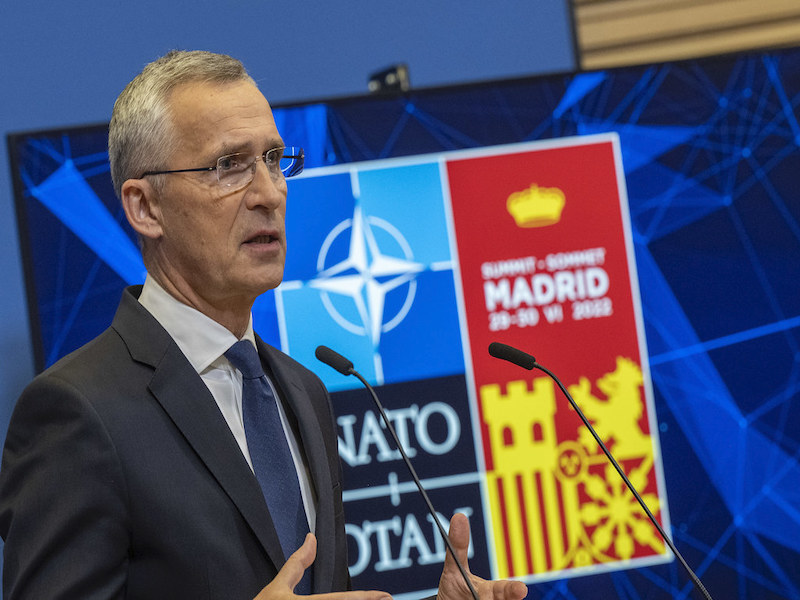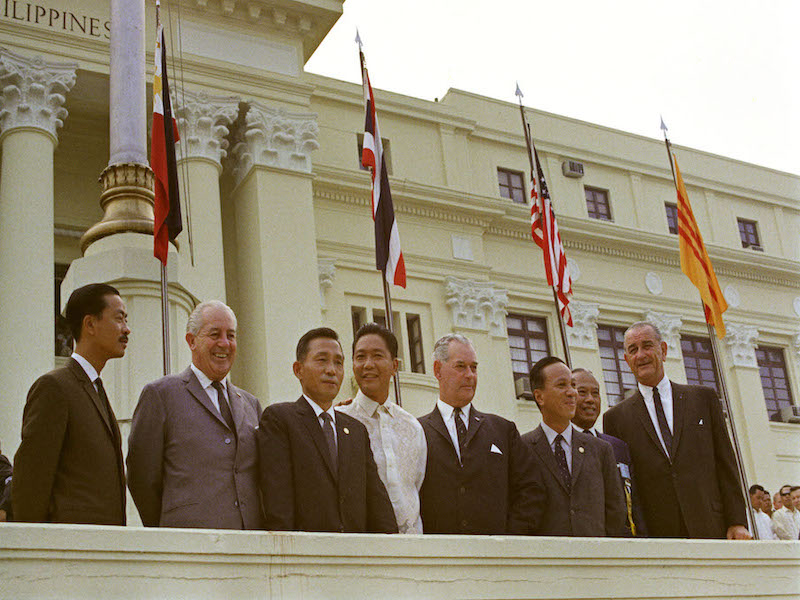Canada has recently published its long-awaited Indo-Pacific Strategy (IPS), which provides a comprehensive roadmap for managing opportunities and mitigating threats in the region. There are plenty of each: the opportunities to increase trade, bilateral foreign direct investment (FDI), and “person-to-person” connectivity (i.e., educational exchanges or cultural programs) are extensive across the theatre. Similarly, however, the Read More…
Indo-Pacific and NATO
The Indo-Pacific is the geopolitical centre of the world and combines the Asia-Pacific and the Indian Ocean into a single region. As a strategic concept, the Indo-Pacific captures the interest of global powers like the U.S., China, India, Australia, Japan, and the UK, and tests NATO’s ability to adapt and maintain global peace in an inter-connected world. The program’s mandate is to provide Canadians with an analysis of security challenges in the region and to uncover the interplay of global powers, amidst emerging multipolarity in the region.
North Korean Arms Sales to Russia – We Should Pay Attention
The United States National Security Council has revealed that North Korea is secretly supplying Russia with arms. Scott Burns discusses why this is important and how NATO should respond.
Canada’s National Economic Security Lens: Is it aimed at China?
Canada has introduced a new “National Economic Security Lens” for foreign investment, beginning with its critical minerals sector. Scott Burns argues that this new policy is aimed at China, with the goals of “friend-shoring” and protecting the supply chain for these minerals for Canada’s future green investments.
The Taiwan Visit: Canada moving past megaphone diplomacy for its Indo-Pacific Strategy?
In this article, Research Analyst Andrew Erskine examines the recent trip to Taiwan by an all-party Canadian delegation. Specifically, he examines whether the trip offers a new glimpse into Canadian diplomatic thinking, one that is moving past megaphone diplomacy, for the country’s forthcoming Indo-Pacific strategy.
2022 Halifax International Security Forum: Unity Inspired By The Spirit of the Ukrainians
From November 18 through 20, Halifax hosted its annual International Security Forum with defence ministers and other high-level security officials from around the world. Scott Burns reports from the Forum how the topic of the war in Ukraine was discussed throughout.
Xi Jinping Defiant: Cause for Concern Following China’s 20th Party Congress
Can Canada expect increased friction with Beijing? Following the 20th Party Congress, Canada is right to be concerned about China.
India Flexing Its Diplomatic Muscles: A Strategic Shift in the Indo-Pacific?
Has Indian diplomacy become more independent? Scott Burns argues that India’s rebuff of Russia and hard line with Canada, the United Kingdom and China point to a more independent pursuit of strategic autonomy.
A New Strategic Concept and A New Outlook on China
With NATO’s new strategic concept from the 2022 Madrid Summit, the Chinese threat has now been codified properly for the first time. How is NATO policy expected to shift as a result?
Sri Lanka: Canada’s Foothold in the Indo-Pacific?
As Sri Lanka’s economic crisis began to unfold in March, 2022, nationwide protests erupted that led to the defeat of political royalty Gotabaya Rajapaksa and the start of the Ranil Wickremesinghe-led government. The economic crisis is a result of low foreign reserves and a high current account deficit, which has left the country dependent on Read More…
SEATO: The tantalizing promise of NATO’s forgotten counterpart in the Indo-Pacific
June 30th, 1977, Bangkok, Thailand. After 23 years of operations the South-East Asian Treaty Organization, or SEATO, was formally dissolved, having been dogged with criticism throughout the nearly two decades since its founding. What was this NATO counterpart in the Indo-Pacific, why did it fail, and could it be revived today? The basics: Read More…

